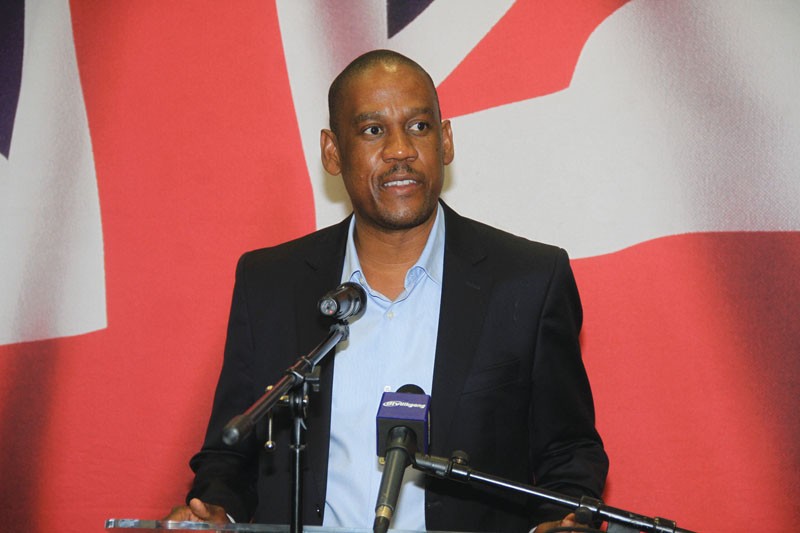Saleshando urges trade unions to tame multi-nationals
Chakalisa Dube | Friday December 2, 2016 16:10


The culture of multi-nationals that are exploiting workers by paying them minimum wages instead of living wages is getting out of hand and should be seriously dealt with, he said.
In recent years, there has been an outcry that foreign companies, particularly those from South Africa, are paying Batswana low wages, a practice they do not undertake in their home country.
Critics of the minimum wage say it opens room for employers to exploit workers and it is too little to sustain the latter’s needs.
Saleshando was closing the Botswana Public Employees Union (BOPEU) Executive Central Committee (CEC) meeting late on Wednesday.
“When these companies get to Botswana, they pay less than half of what they pay in South Africa. I think we have reached a point where we have to say this has to stop,” the former Gaborone Central legislator said.
The BCP leader is of the view that trade unions as custodians of workers’ rights and players in the economy should lead debates and advocacy against the disheartening conduct of foreign firms.
“Local workers of these foreign firms have to be assisted to understand that the companies can afford and have demonstrated that they have the capacity to pay more than half of what they pay them (Batswana). You have to push government to introduce a living wage policy,” he added.
Saleshando said that the foreign companies have resorted to anarchy and paying workers slave wages because there is no strong advocacy against their actions from Batswana.
Saleshando also pleaded with trade unions to relentlessly lobby government to introduce a broad-based pension programme for all workers in the country.
Saleshando said that government could have long introduced a law obliging all employers in the country to have pension schemes.
“When I was a legislator, (advocating for all employees to have pension) was one of the issues I pursued as much as I could. Many Batswana lead poor quality lives after they have retired because they do not have pension.”
“There are many local employers who are hell-bent on making profit and totally ignore the rights of the workers,” he said.
Saleshando expressed worry that a majority of employees who retire without pension end up depending on handouts from government.
“We want pensioners who will look back and say that I did well when I had the energy. There ought to be a social welfare system that does not reduce workers into beggars when they retire,” he said.
High Court Judge, Key Dingake also weighed in on the issue, emphasising that firms should pay workers living wages.
“Slave wages are known to undermine economic growth. The wage regime should not in anyway imperil the development of the country,” Dingake said.
In recent years, many stakeholders among them political parties have often expressed worry that minimum wages cannot help workers meet their needs and that of their families owing to current economic circumstances.
Calls to have the government introduce a living wage policy have failed to bear fruit. Political parties also often say that should the living wage be changed it should constantly be reviewed to tally with needs of workers as a result of prevailing economic conditions.
